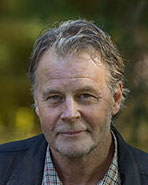“We want to create this opportunity because people want change. Municipalities and local administrations must promote this development. Something happens to people, especially to children, when they start doing something with their hands. Such creative power activates learning processes about, and commitment to, environmental and sustainability issues,” Johan Colding says.
A chance to permanently break the cycle of exclusion
Urban commons managed by local groups of people can also bring life to areas of social exclusion and, importantly, the residents will be crucial in such a process. Currently, such areas may be sterile deserts where people live in isolation, deprived of any opportunity to do something about their own environment.
“Imagine what a joint project that involves contacts with other people can do. It may break a cycle of exclusion permanently.”
The researchers envision multiple kinds of diversity in the future. Each neighbourhood will create a unique environment with specific types of plants and exciting new solutions with locally adapted energy systems.
“People will start learning about environmental and climate issues, we know that. Moreover, such urban commons create meeting places where people from different cultures can exchange knowledge about seeds, crops, flowers, and share their experiences. Conversations and physical meetings help create the social capital that is so important today,” Johan Colding says.
Text: Douglas Öhrbom
Scientific article Pdf, 330 kB.







